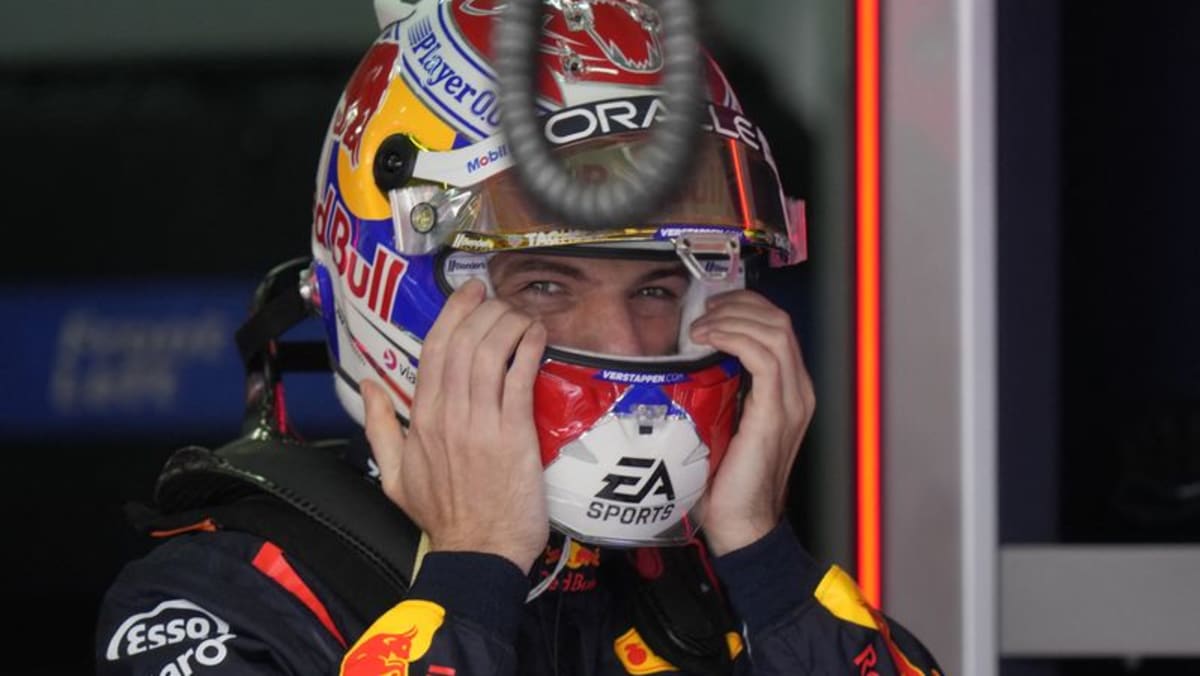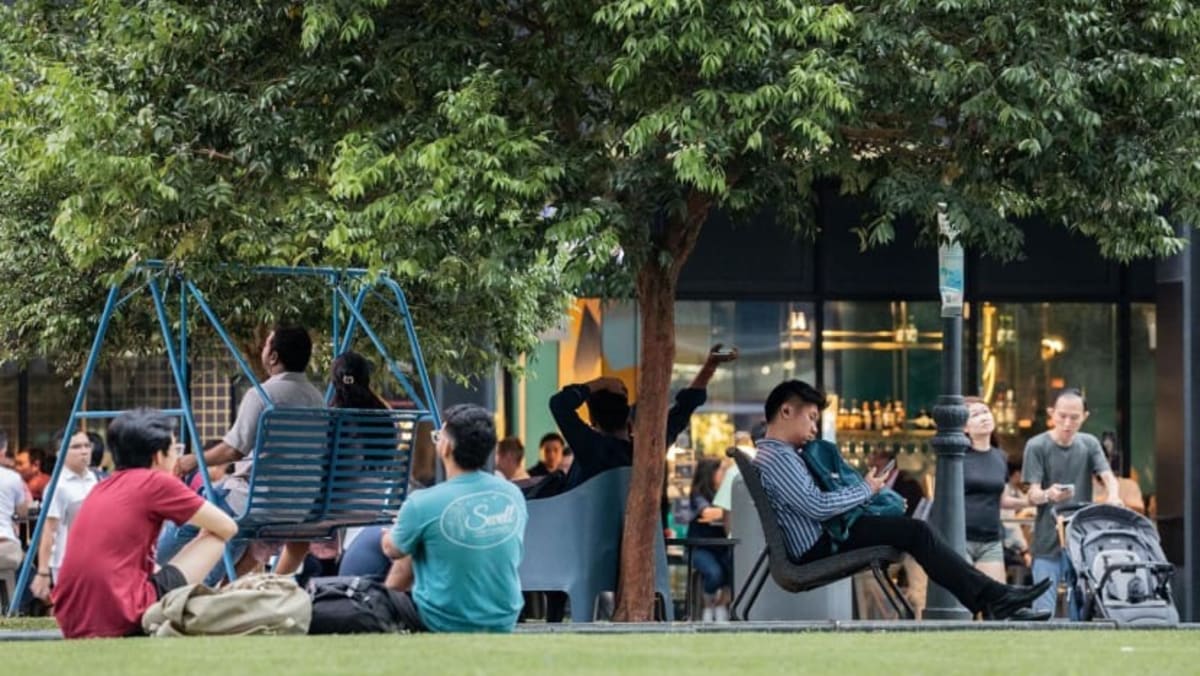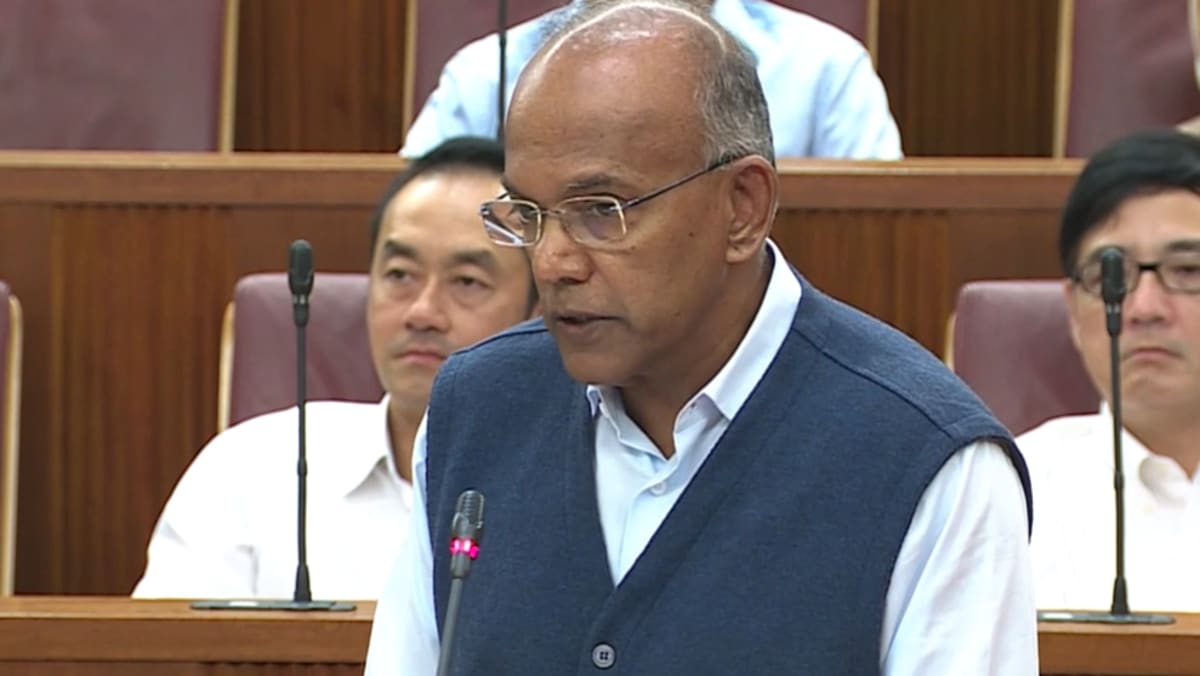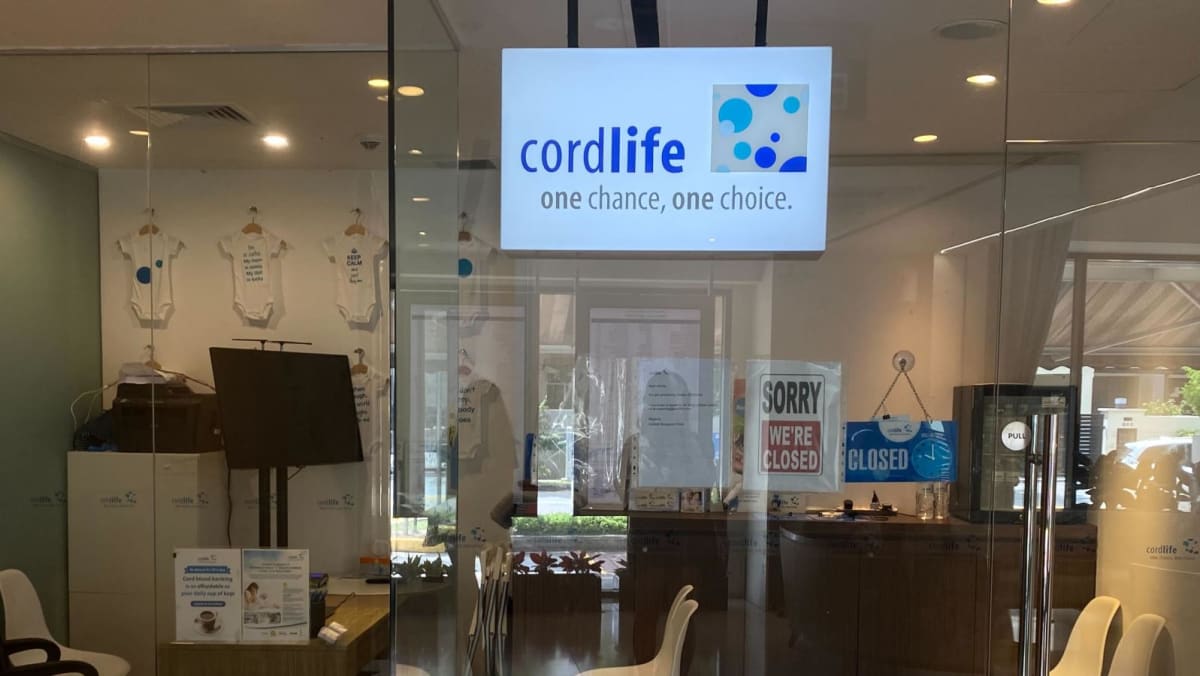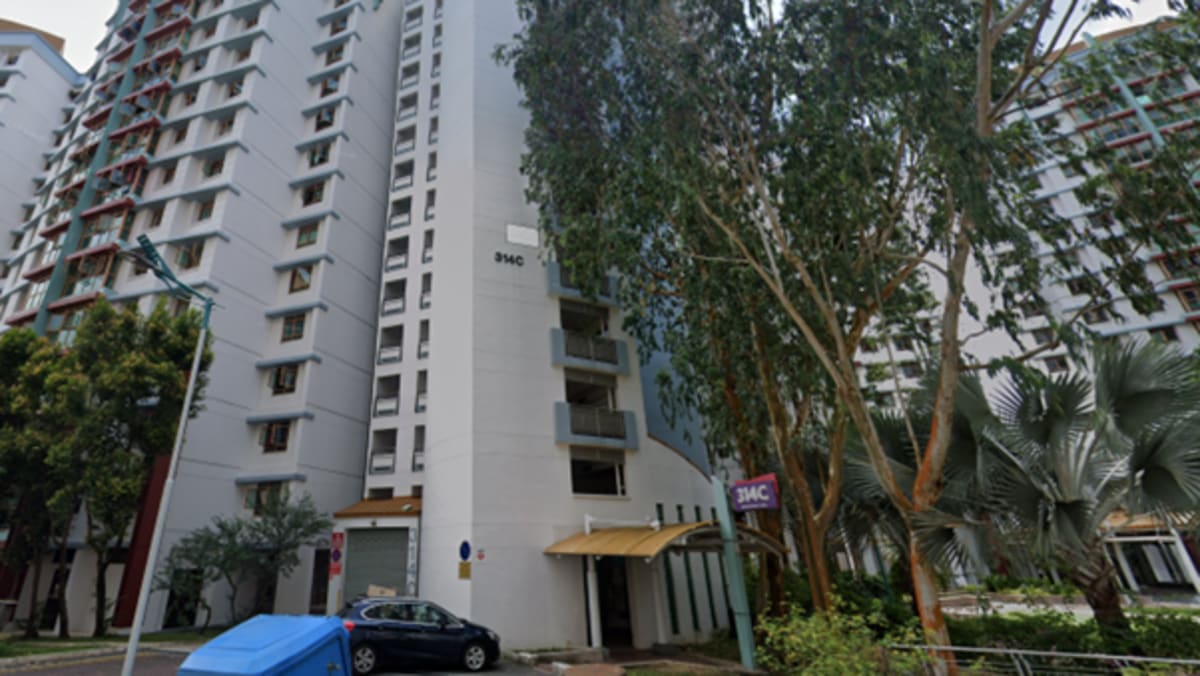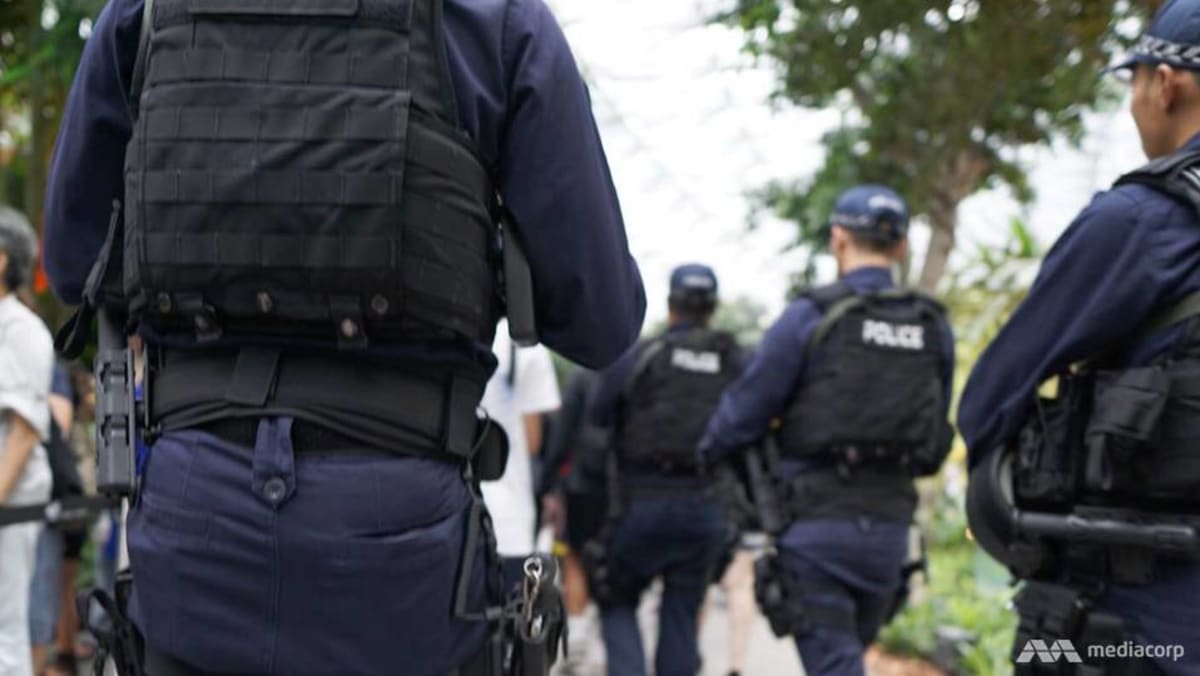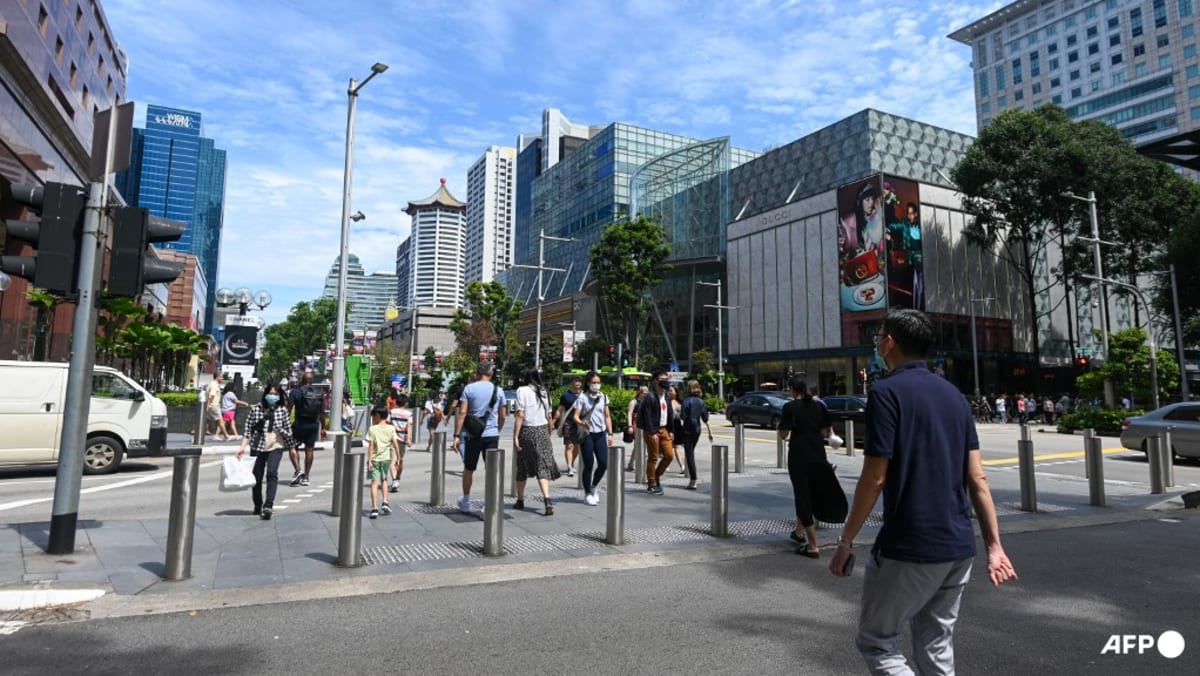“MULTIFACETED ASSAULT”
During the debate on Wednesday, MP Murali Pillai (PAP-Bukit Batok) asked how Singapore will entrench its anti-drugs policy in younger generations of Singaporeans – particularly what’s known as Gen Z and Alpha – who are exposed to positive perceptions of “soft drugs” on social media.
Mr Pillai added that Singapore seems to be “set aside” at international conferences for its anti-drug stance, recalling how he was referred to as having “outlier arguments” during a symposium.
In response, Mr Shanmugam said that there are listed companies around the world that finance non-governmental organisations (NGOs) and publicity that sell the idea that soft drugs are good and harmless.
“If you look at these international conferences, the NGOs which are taking a tough line on drugs are usually poorly financed. Their material is not so attractive whereas on the other side, there are all these glitzy arguments as to why soft drugs (like) cannabis causes you no harm, (that) it’s just something for you to try at school,” he said.
Mr Shanmugam said this “cool factor” is pushed at the young from various avenues such as media, online and friends. “Wherever you turn, it is there and it’s glamorised today … You can’t get away from it.”
He added: “It’s very difficult to stand against this multifaceted assault but I think we’ve done a reasonably good job.”
The minister also agreed with Mr Pillai’s point about Singapore being an “outlier” at international conferences. The country is either met with silence when presenting statistics or told that Singapore’s success cannot be replicated elsewhere, he added.
“I think it can be, but it is not for me to fight the fight in the rest of the world,” Mr Shanmugam said.
“But as long as others don’t tell us what to do and leave us alone to protect our population, then I think that is the best that we can hope for.”
STRUGGLES OF A FORMER DRUG ADDICT
Speaking to CNA at a reception at parliament hosted in conjunction with Mr Shanmugam’s ministerial statement, Minister of State for Home Affairs Faishal Ibrahim noted that those who attended the session said Singapore is heading in the right direction.
“Because they recognise the harmful effects of drugs and they want to continue to protect our people. However, to do this, we must be united. We must be on board the journey, all hands on deck, regardless of who you are.”
If Singapore lets go of all its efforts, drug traffickers will take advantage of it and reap the benefits, he added. “And they will not bother about how we lose out, how it affects our abusers, their family members and their loved ones.”
Also at the event was 39-year-old Hannah Chun, who struggled with drug addiction for 10 years.
For Ms Chun, seeing her oldest son “acting up” in school was the turning point.
In some instances, her son used a pencil to poke his friends’ hands, injuring them. Her son also seemed scared and insecure.
“Because of the addiction, I would go in and out of the toilet, he would also mimic that … This was also how he coped with fear. Whenever he felt fearful, he would hide in the toilet.”
Ms Chun knew that her son was behaving this way because of her. Her health was also suffering because of her addiction and she was “in a lot of pain”.
“I could feel that if I don’t seek help, I’ll either die as a drug addict or be caught again,” she shared.
Coming from a broken family, she started taking drugs at 13 because she wanted to rebel, which was “a cover-up” for abandonment, rejection and hurt that she could not express, she said.
She was imprisoned for one-and-a-half years when she was 17 for possessing and consuming drugs. After she was released, she quickly fell back into her addiction and was incarcerated again at 18.
“I would make light of the situation, and I would deceive myself into believing that it’s ok, everyone makes mistakes … I would just bluff myself, and of course I never thought much about other consequences.”
She was pregnant during her second sentence and gave birth to her oldest son, now 21, during her prison sentence. But this did not stop her.
“I had no knowledge that addiction is a lifetime battle. And it’s not like being in prison for a few years could stop that addiction. I wasn’t in control.”
Her family took care of her son while she was serving her sentence, and Ms Chun said her sister supported her throughout.
“Coming out (of prison) as a single parent, there were more responsibilities. There were more things to be fearful about,” she said. This prompted her to return to work at nightclubs, which built up to her next relapse, she shared.
“I would always find friends who used to party and take drugs with me. And I always thought that by just joining them and not touching any drugs, I would be fine. But that was just wrong,” she continued.
Fourteen years ago, she met her current husband, with whom she had three more children aged 12, nine and five. Her husband was very helpful in her recovery, said Ms Chun, adding that she’s relieved that she met “the right person”.
“When you think back on the years that you’ve lost, the amount of bad decisions, consequences, burdens and responsibilities that happened because of your bad choices, you think ‘you’re such a loser’,” she said.
At her lowest points, she often felt like there was no way out.
“But to have someone who’ll constantly remind you to take one step at a time … I think that really helped. Someone positive in the family.”
She also speaks to all her children openly about her addiction, in the hope that it will help them understand what she went through.
“They know everything, (I told them about it) to make sure that they are not ashamed, that they don’t think that they are lesser,” said Ms Chun, who now works at a shelter for women with addiction.
“I think that’s what I want to bring them up with – confidence and with a lot of compassion towards people with addiction.”
